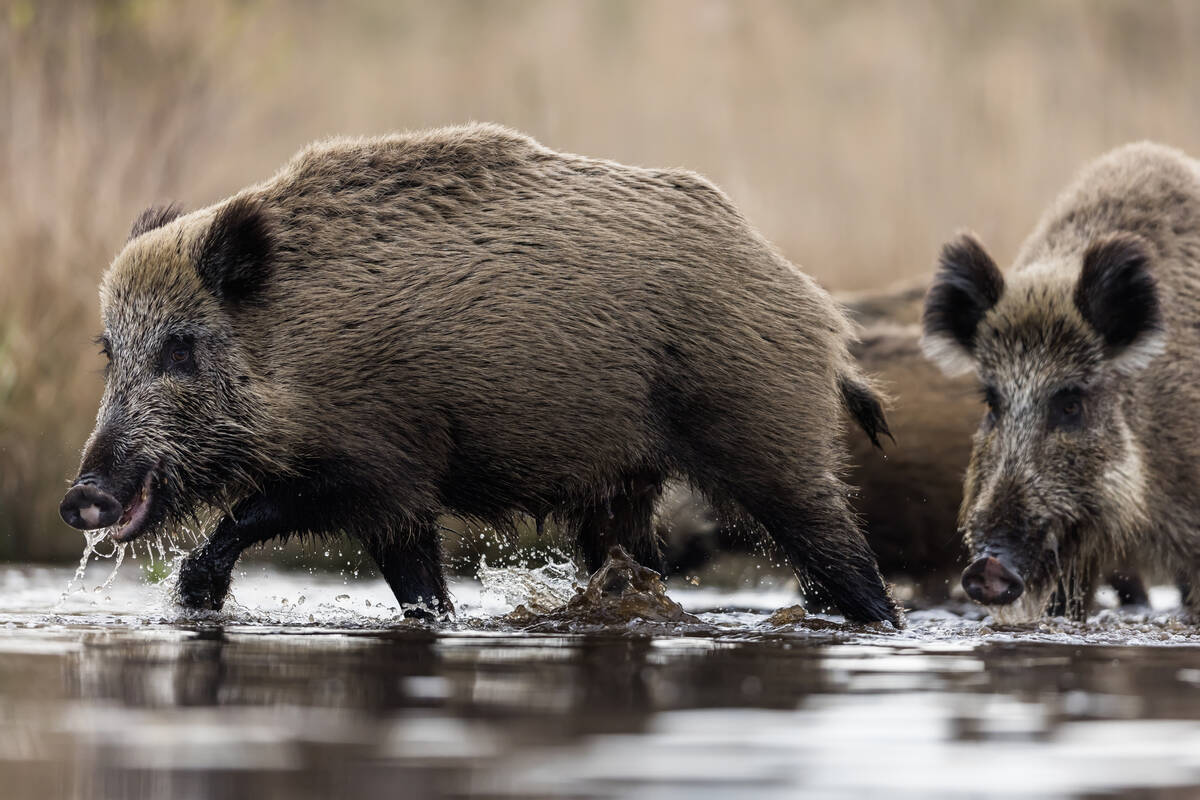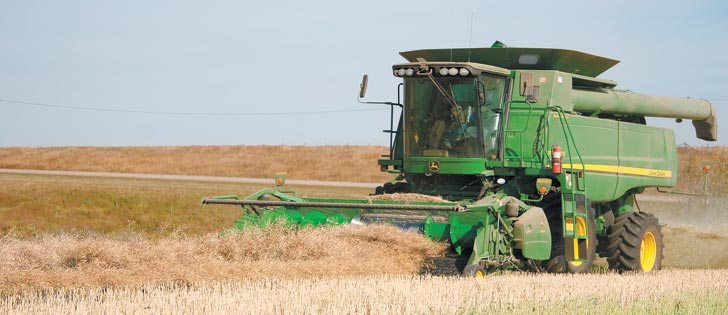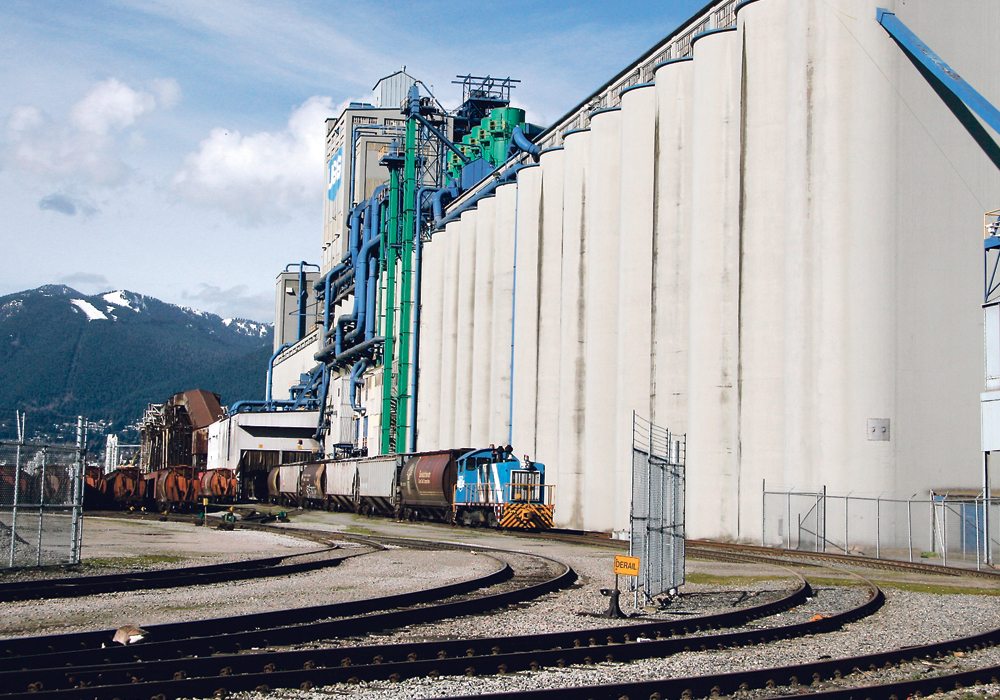A former federal agriculture minister believes the China canola dockage issue won’t be resolved before the Sept. 1 deadline.
“I doubt it,” said Gerry Ritz, who served as agriculture minister for eight years under former Conservative Prime Minister Stephen Harper.
The U.S. Department of Agriculture appears to agree with him, according to a recent report on China’s oilseed markets.
“(Canola) imports face uncertainty as the Chinese regulatory authorities are likely to enforce stricter inspection rules in September 2016,” stated the USDA.
Ritz contends the Liberal government is taking the wrong approach to finding a solution to a problem that threatens $2 billion in annual trade with China.
Read Also

Manitoba bans wild boar possession
Manitoba has tightened the regulatory status of Eurasian wild boar in an effort to help fight back against invasive wild pigs.
He said Ottawa is focused on finding a scientific rather than a political resolution to the impasse.
China’s General Administration of Quality Supervision, Inspection and Quarantine is implementing a new policy Sept. 1 that will require canola shipments to contain less than one percent dockage instead of the current 2.5 percent limit.
The Canola Council of Canada says the policy threatens four million tonnes of annual canola seed exports to China, which is 40 percent of Canada’s total export program.
Chinese officials say the policy is being implemented to minimize the chance of blackleg disease entering China and attacking the country’s rapeseed crops.
Ritz said it has nothing to do with blackleg and everything to do with economics and China supporting its rapeseed growers.
“This is simply to force their crushers in China to use the domestic (rapeseed) supply first. That’s all it is,” he said.
Ritz said crushers prefer to use Canadian canola because it gives them twice as much oil and a better quality meal than rapeseed. Restricting canola imports would force crushers to use more Chinese rapeseed.
The government also has a vested interest in reducing canola imports because it is sitting on a huge stockpile of rapeseed oil that it is eager to sell.
The USDA estimates China sold 2.28 million tonnes of its rapeseed oil reserves through the end of June.
Ritz said Prime Minister Justin Trudeau’s government is mismanaging the issue by sending bureaucrats to China to discuss blackleg concerns when that is a red herring.
“This is not a scientific problem by any stretch. This is a political problem,” he said.
“It’s a political solution that the politicians of today don’t seem to want to tackle.”
He believes the federal agriculture and trade ministers should be meeting with their Chinese counterparts face-to-face rather than sending their bureaucrats overseas.
“You have to be there and you have to look them right in the eyeball and say, ‘folks, this is not good. This does not look good on the world stage. You’re an economic power and you’re nickel and diming here,’ ” said Ritz.
Agriculture Minister Lawrence MacAulay was unavailable to respond directly to Ritz’s criticisms.
A spokesperson from his office sent an email saying MacAulay and trade minister Chrystia Freeland met in Ottawa with the Chinese ambassador on the issue and have raised it with their counterparts in China on more than one occasion.
Trudeau is travelling to China in advance of the G20 meeting in Hangzhou, China, to strengthen ties with Canada’s second largest single-country trading partner.
The official visit is Aug. 30 to Sept. 6. The G20 is Sept. 4-5. The Prime Minister’s Office was asked if the canola dockage issue will be raised during his visit but did not respond.
The Canola Council of Canada says it would be nearly impossible to meet China’s new dockage requirements. Ritz disagrees. He said it is “absolutely” possible, but it would be time-consuming and costly.
“At the end of the day it sends a chill through the industry right at harvest, which tends to play around with pricing,” he said.
Ritz also believes the China incident highlights the need to further diversify canola seed sales rather than relying on one customer to buy 40 percent of the crop.
“It’s time to start looking at other markets,” he said.
















